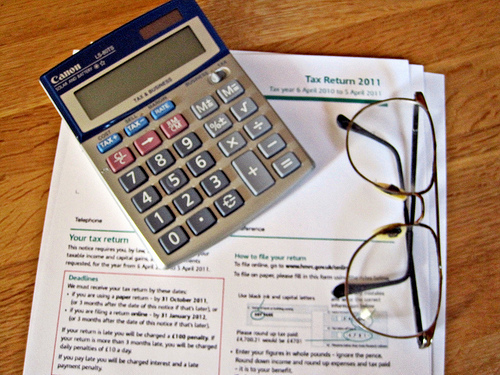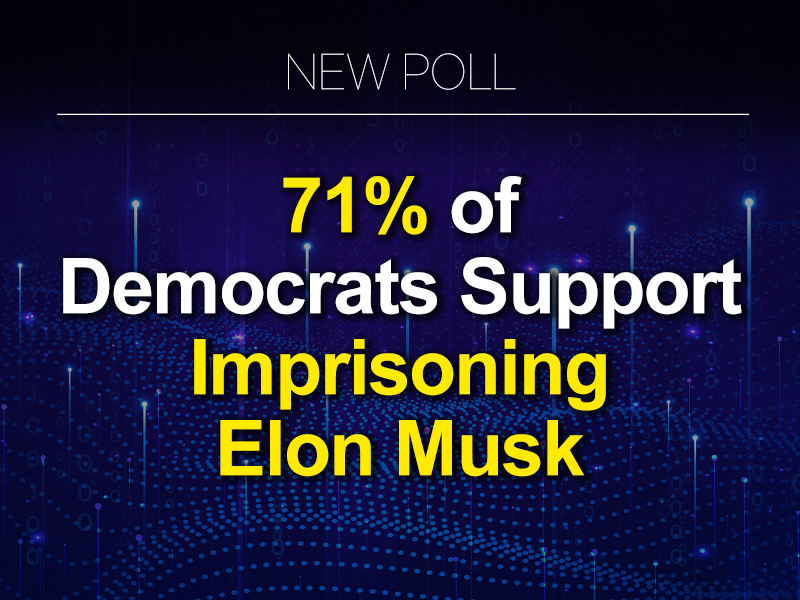A lawmaker has introduced in Congress a bill to modify the federal estate tax, called the “death tax” by many, to allow individuals inheriting money from their family to choose between paying the tax in its entirety or a small portion of their annual income over a long period.
The bill, introduced by Rep. Andy Harris (R-MD), would allow families inheriting money from deceased relatives to choose between paying the estate tax or paying 1 percent of their gross income over a period of seven years or more.
‘It’s a Bad Tax’
Curtis Dubay, a Heritage Foundation research fellow in tax and economic policy, says repealing the estate tax would be much better than tinkering with it.
“It’s a bad tax,” Dubay said. “This does not replace the estate tax. It just gives you a different way of paying it. It might be easier for heirs, and it might make it so they don’t have to liquidate a closely owned business, but it still doesn’t change the negative economic impact of the estate tax.”
Dubay says the estate tax discourages saving and investing.
“The estate tax is another tax on saving and investing, just like the capital gains tax and the dividends tax,” Dubay said. “It’s another layer of tax on investment. It ends up being a tax on virtue. If you are successful in life you’ll pay a lot of taxes, but you’ll pay taxes one more time after you die. It’s a disincentive for investment, which reduces job creation and wage growth.”
Benefits Lawyers, Not Taxpayers
Dennis Ventry, a professor of law at the University of California-Davis School of Law, says the bill would primarily benefit tax lawyers and estate planners.
“Over the past 20 or 30 years, because the estate tax had started to affect families and small businesses and family farms that it wasn’t designed to disturb, tax and estate lawyers started to develop various ways to avoid the tax,” Ventry said.
“This bill would not eliminate the estate tax, but rather add another sort of option for people who don’t want to be treated under the tax,” Ventry said. “It calls itself a simplified way of doing things, but, by adding this alternative, all of the sudden everybody who thinks they are going to be subject to the estate and gift tax is going to rush out and ask their tax planner whether or not they should take this alternative route or be subject to the original estate and gift tax.”
Tinkering Around the Edges
Ventry says tinkering around the estate tax’s edges, instead of real reform, doesn’t benefit consumers and taxpayers.
“Many more people think they will be subject to it than actually are subject to it,” Ventry said. “Yep, the estate planners certainly are loving this.”
Elizabeth BeShears ([email protected]) writes from Trussville, Alabama.




